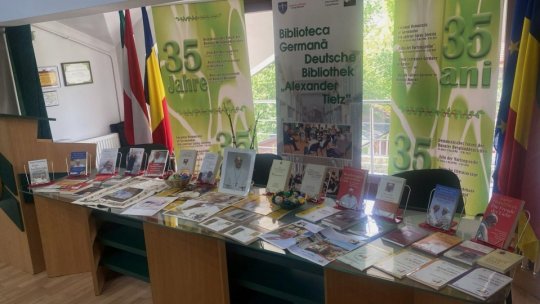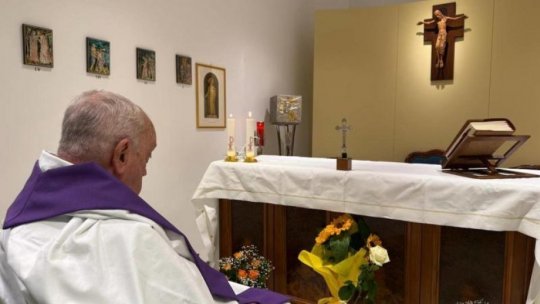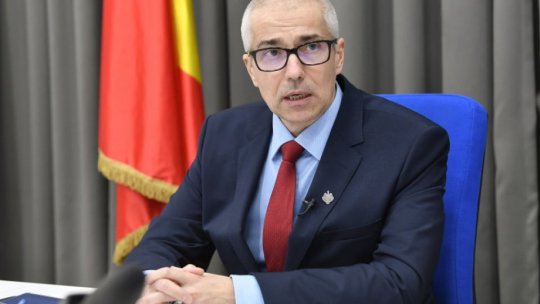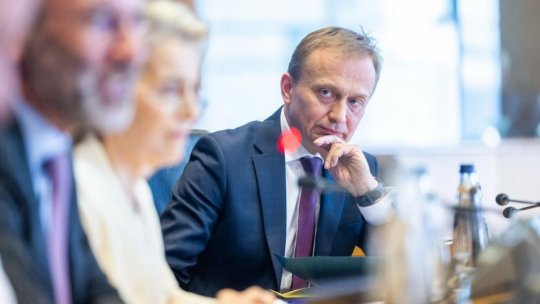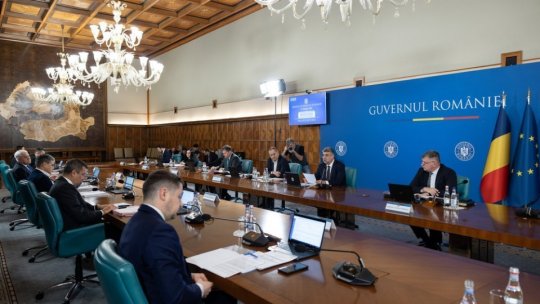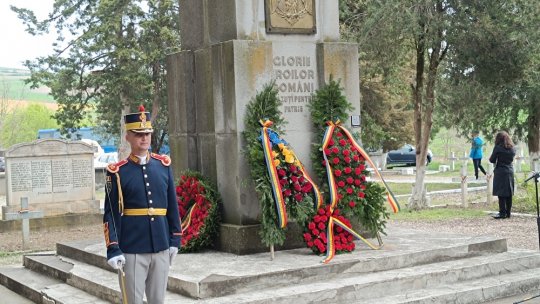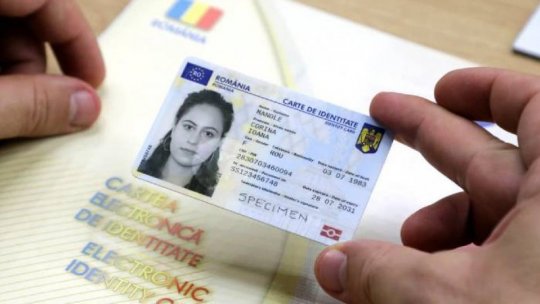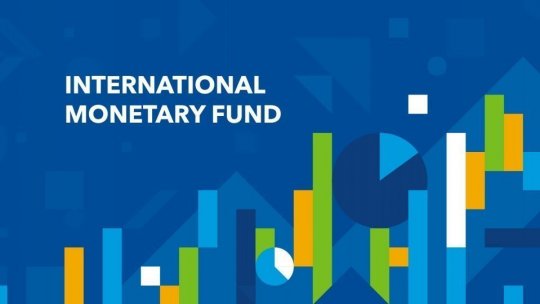National Press Review, 2 December
Articles from the dailies Jurnalul Naţional, Evenimentul Zilei, Adevărul and Curierul Naţional.

Articol de Mihai Udroiu, 02 Decembrie 2011, 18:06
“A military parade, pride and booing”, this is how the Jurnalul Naţional sums up the main events of the Day of 1 September, which was celebrated yesterday in the big towns of Romania and managed to bring together, at Arcul de Triumf alone, an all time record number of citizens of Bucharest – over 25 thousand.
The article examines President Traian Băsescu’s schedule, which included coming into contact several times with big crowds of people in various areas of Bucharest, where he confronted the complaints of some of the citizens. In addition to these signs of discontent, the newspaper presents those addressed to Prime Minister Emil Boc, which were expressed in Alba Iulia, as he was laying a flower wreath at the Statue of Mihai Viteazul.
On the other hand, the Evenimentul Zilei notes that, on the National Day of Romania, "The Romanian people climbed on tanks as they did during the Revolution". The headline of the article refers to the unusual incident during the parade at Arcul de Triumf, when the soldiers stopped the vehicles they were equipped with near Piața Victoriei and allowed members of the audience to climb in the tanks. The publication highlights another unusual event which marked the 1 December celebration of this year: the Google search engine has indexed the phrase ”Romanian people are educated” for the first time. The particularity lies in the word ”educated” which, upon an online search, shows up immediately after the words ”Romanian people are...” have been typed.
Since the topic of the 1989 Revolution has been brought up in the above mentioned newspaper, our attention is directed at the Adevărul publication, presenting, as part of today’s editorial, the so-called "Mircea Dinescu’s Revolution ". The meaning is not of an interview with the poet, but, as the very first page of the newspaper announces, the article attempts to examine Mircea Dinescu’s actions during the years previous to the Revolution.
The publication analyses these actions particularly in light of the connections between the poet and the Ambassador of Holland in Bucharest at the time, Coen Stork.
Finally, the National Press Review concludes with both a statement and a question addressed by the Curierul Naţional: "We intend to privatise Health. Is there anyone available?" From the article, we find out that the statement results from Romania’s commitment to the international financial bodies, and the answer to the question derives from the reactions of private insurers: unless they, too, are provided with beneficial conditions, they might not be drawn in by the health reform.
Translated by: Cristina Baciu
MA Student, MTTLC, Bucharest University

